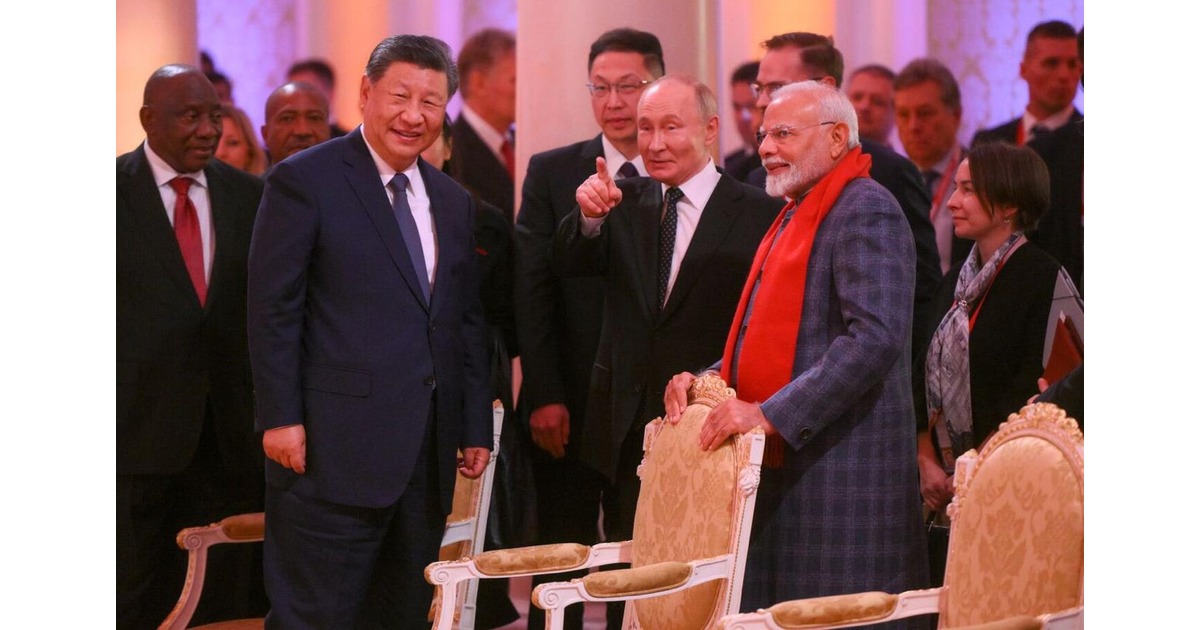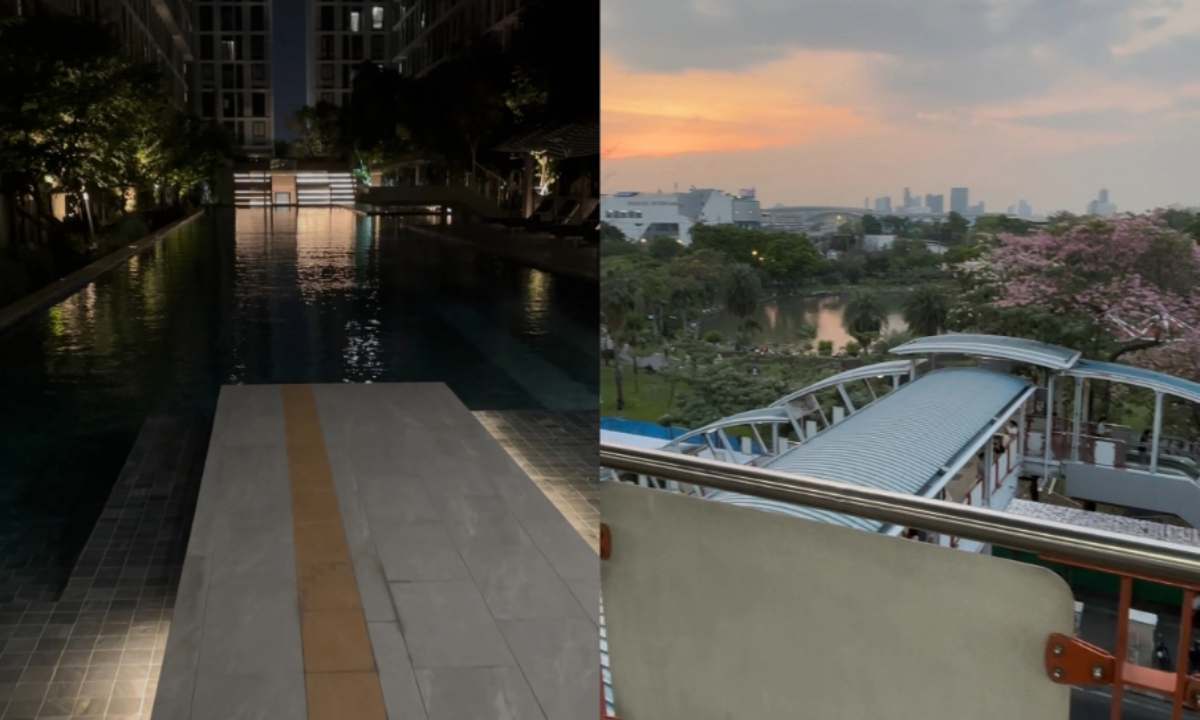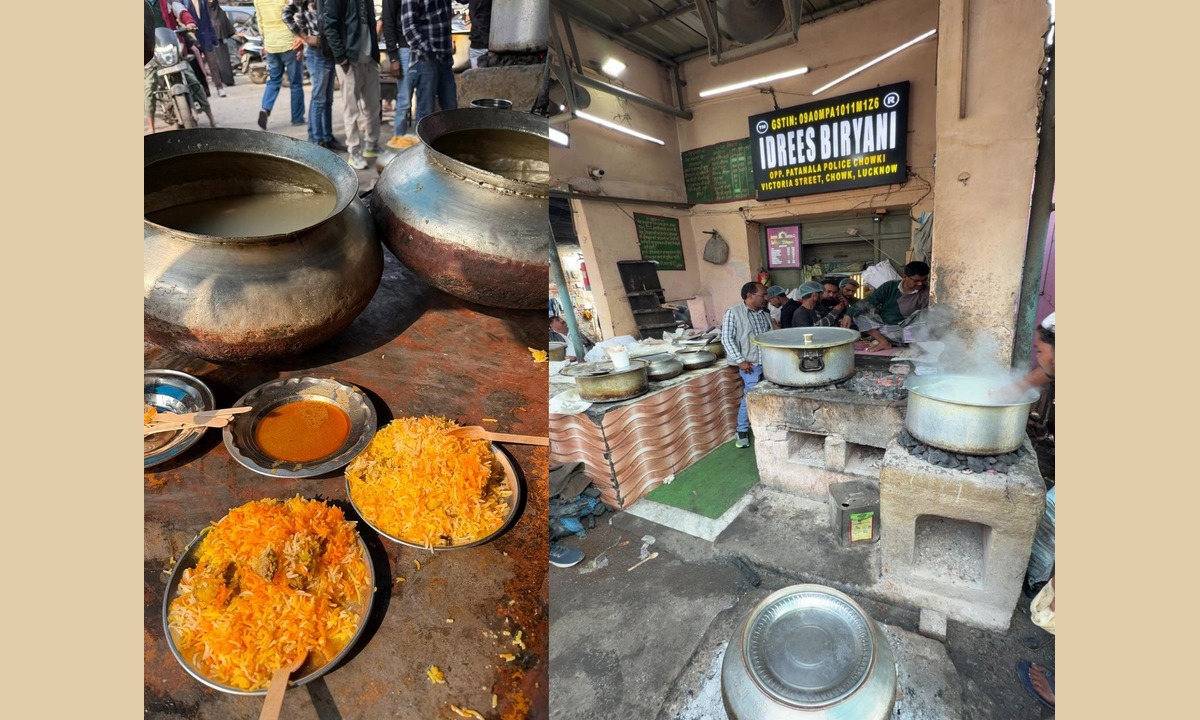
BRICS takeaways: PM Modi meets China's Xi; Russia's message to the West & more
At the plenary session of the BRICS summit, held in Kazan, Russia, from October 22 to 24, Prime Minister Narendra Modi stressed the critical importance of international cooperation in the fight against terrorism and its financing. He urged for a united front, dismissing any form of double standards in tackling the issue. Modi underscored the necessity of advancing the pending Comprehensive Convention on International Terrorism at the United Nations.
His remarks came ahead of a significant meeting with Chinese President Xi Jinping, held on the sidelines of the summit. The meeting followed the announcement of an agreement between India and China to disengage troops and resume patrolling along the Line of Actual Control (LAC) in eastern Ladakh, marking an end to the four-year military standoff.
BRICS Summit 2024: Bilateral meetings and key discussions
During the first day of the summit, PM Modi held bilateral talks with Russian President Vladimir Putin and Iranian President Masoud Pezeshkian. Against the backdrop of escalating tensions in West Asia, PM Modi and Pezeshkian had productive discussions. Meanwhile, PM Modi congratulated President Putin on Russia’s successful presidency of BRICS and extended an invitation for the Russian leader to visit India for the 23rd Annual Summit next year.
BRICS, which operates on a rotational presidency, saw Russia taking the lead this year. The group has steadily expanded since its inception, with Egypt, Ethiopia, Iran, and the United Arab Emirates among the latest nations to join. Originally coined as ‘BRIC’ by economist Jim O’Neill in 2001, the group began formal meetings before later adding South Africa in 2010, thus becoming ‘BRICS’.
BRICS Summit 2024: PM Modi’s key messages
PM Modi attended both the closed and open plenary sessions of the 16th BRICS Summit. The Kazan Declaration, adopted during these sessions, reflected the summit's outcomes. At the closed plenary, PM Modi pointed out the need for a people-centric approach to addressing global challenges and called for reformed multilateralism. He reiterated India's commitment to dialogue and diplomacy as tools for fostering global peace and stability, stating, “We support dialogue and diplomacy, not war.”
The summit saw a range of messages and resolutions being adopted, most notably a new vision of a non-Western diplomatic era. The expansion of BRICS, now comprising nine nations, signals a shift towards a more diverse and inclusive international order. Many countries are showing increasing interest in joining the group, signalling a departure from the traditional dominance of the Western-led global system.
BRICS Summit 2024: Growth of BRICS amidst a changing global landscape
The BRICS bloc, originally a coalition of five nations, has steadily grown in size and influence, reflecting the shifting dynamics of global diplomacy. The group aims to challenge the dominance of the United States-led Western order, particularly as concerns have grown in many nations over the US's actions, including its role in conflicts such as those in Afghanistan, Iraq, and Ukraine.
The ongoing war in Ukraine and the use of economic sanctions have further driven the expansion of BRICS. Countries from the Global South, some of which are even US allies, have expressed concerns over unchecked Western hegemony, prompting them to seek alternatives in the form of BRICS membership.
BRICS Summit 2024: The role of BRICS in the Global South
With a broader membership, BRICS is now better positioned to represent the interests of the Global South and address its many challenges. In the past, the bloc faced criticism for being overly influenced by China and Russia, but its recent expansion offers more balance and the opportunity to pursue the group's original aim of reforming global governance.
Experts believe that the larger, more diverse BRICS will have the potential to exert greater collective pressure on Western powers, particularly the United States, to be more responsive to the concerns and needs of developing nations.
BRICS Summit 2024: Economic initiatives and global financial reforms
BRICS is also making strides in the economic arena. During the summit, various initiatives were discussed, including the establishment of the BRICS Grain Exchange, a cross-border payment system, and the potential creation of a BRICS Clear Depositary for financial transactions. The group is pushing for a more inclusive and just international financial system, calling for reforms in institutions such as the International Monetary Fund (IMF).
The group also highlighted the importance of cooperation in financial innovation and the use of local currencies in transactions between BRICS nations and their partners. Furthermore, BRICS reaffirmed its commitment to the G20 and the prevention of future pandemics, supporting the initiatives of the BRICS R&D Vaccine Centre.
BRICS Summit 2024: Global influence and the future
BRICS, which represents 45 per cent of the world’s population and contributes 28 per cent to global GDP, is becoming an increasingly influential force in global politics. By expanding its membership and pushing for a multipolar world, BRICS seeks to enhance the representation of emerging economies in key international institutions like the IMF and World Bank.
As the group continues to grow, with more than 30 nations expressing interest in joining, it is clear that BRICS will play an increasingly significant role on the world stage, offering a counterbalance to Western-dominated institutions and promoting a more inclusive global order.
BRICS Summit 2024: Key positions on international issues
On Ukraine, the BRICS nations reiterated the importance of adhering to the principles of the United Nations Charter, calling for mediation and diplomacy to resolve the conflict. Regarding the Middle East, the group expressed deep concern over the humanitarian crisis in Palestine, condemning the violence and calling for an immediate cessation of military action in Lebanon.
BRICS also condemned Western sanctions, which they view as unlawful and harmful to the global economy. The group’s focus remains on creating a more equitable international financial system, pushing for reforms that ensure greater in
clusivity and fairness for developing nations.
JUST IN: BRICS officially adds 13 new nations to the alliance as partner countries (not full members).
— BRICS News (@BRICSinfo) October 23, 2024
🇩🇿 Algeria
🇧🇾 Belarus
🇧🇴 Bolivia
🇨🇺 Cuba
🇮🇩 Indonesia
🇰🇿 Kazakhstan
🇲🇾 Malaysia
🇳🇬 Nigeria
🇹🇭 Thailand
🇹🇷 Turkey
🇺🇬 Uganda
🇺🇿 Uzbekistan
🇻🇳 Vietnam pic.twitter.com/n1jIDcKega
Popular Categories
Read More Articles
Travel and Tourism
Travel to Thailand gets costlier: International passenger service fee to jump 53% from June by Awadh 360° Desk February 22, 2026Travel and Tourism
Thailand Extends Visa-Free Stay for Indians to 60 Days, Allows 30-Day Extension by Awadh 360° Desk February 19, 2026Travel and Tourism
Lucknow or Zaike: A City Remembered Through Taste by Mohammed Syed Zaid February 11, 2026Business
What's Up With WhatsApp? by Prateek Shukla February 9, 2026



